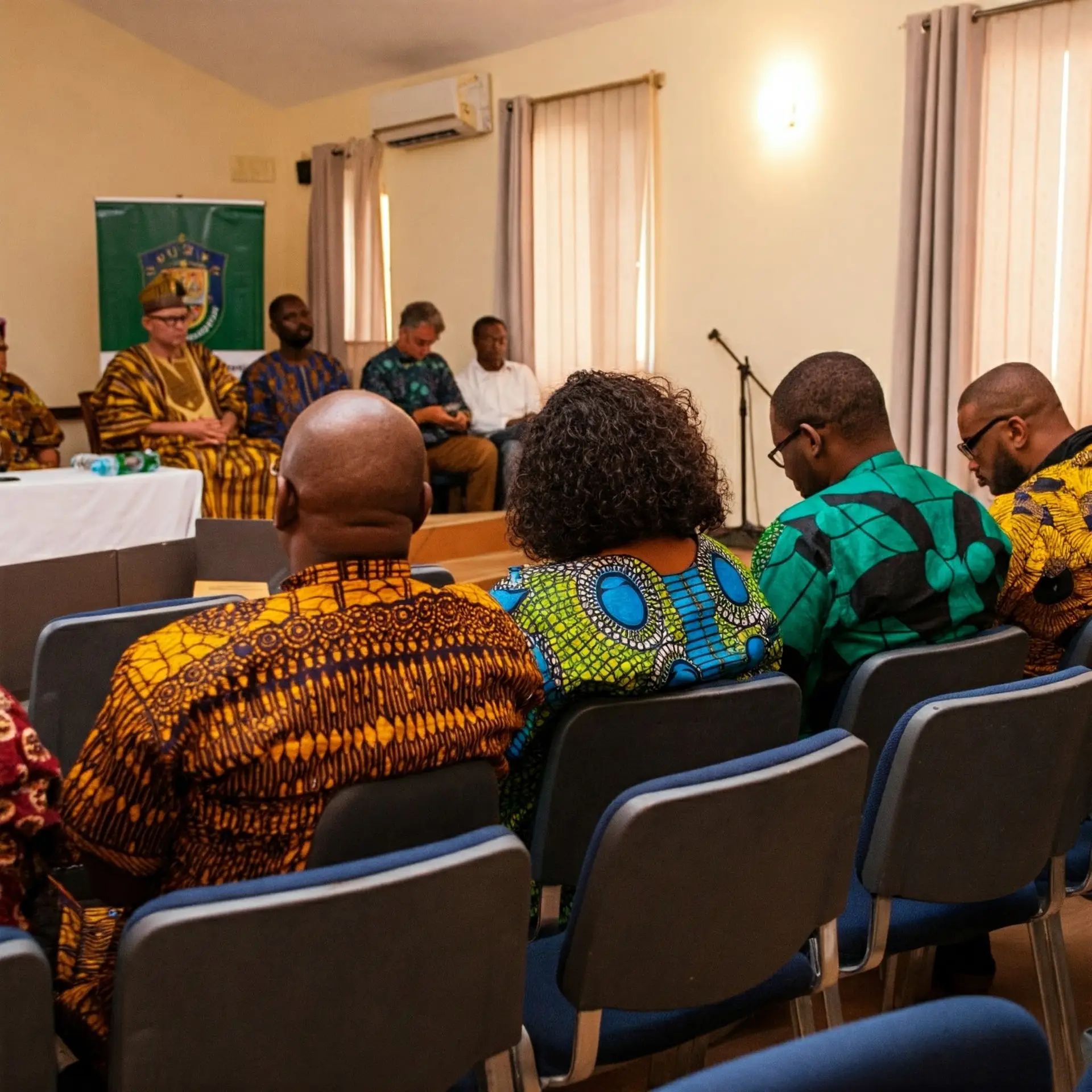
Elaboration and Expansion of Input Text on Decentralization in DRC
ALG undertook a study on the legal and documentation frameworks for decentralization in the Democratic Republic of Congo (DRC), commissioned by the Ministry of Civil Services and funded by the World Bank. The project aimed to support the DRC government in establishing a robust legal and regulatory foundation for the decentralization of Human Resources (HR) and broader administrative functions.
Key Activities and Objectives at the Central Government Level
The project focused on several critical activities at the central government level:
- Analysis and Support for Legal Framework Development: ALG conducted an in-depth analysis of the existing legal and regulatory landscape related to decentralization and the civil service. This analysis informed the development of essential laws, decrees, orders, and regulations needed to guide the decentralization process, particularly in HR management.
- Civil Service Reform and Decentralization Alignment: The project examined ongoing civil service reforms and their alignment with decentralization efforts. This involved assessing the compatibility of reform initiatives with the transfer of HR functions and responsibilities to provincial and local levels.
- New Legal Frameworks for HR Management: ALG contributed to the creation of new legal frameworks for HR management at the central, provincial, and local levels. These frameworks addressed key aspects such as salary systems, career development pathways, and the procedures for transferring personnel to the provinces.
- Pilot Study on Staffing Rationalization: A pilot study was conducted to explore strategies for optimizing staffing levels within various ministries. This study aimed to identify potential efficiencies and ensure that HR resources are allocated effectively within the context of decentralization.
- Development of Decentralization-Related Documentation: The project supported the development of various documents, laws, decrees, and orders related to the decentralization process. This included comprehensive documentation on strategies, procedures, and guidelines to facilitate the smooth transition of administrative functions to lower levels of government.
Activities and Objectives at the Provincial Level
In the provinces of Bandundu, Katanga, and South Kivu, the project focused on activities related to the establishment of systems, procedures, and organizational structures needed to support the new decentralized administrations:
- Situation Analysis and Needs Assessment: ALG conducted a thorough analysis of the current situation in the selected provinces, including a review of civil servant census reports and World Bank mission reports. This analysis informed the assessment of staffing needs in key areas such as public service management, budget management, education, and health.
- Development and Testing of Transfer Procedures: The project developed and tested procedures for the transfer of staff from decentralized units to the provincial administrations. This involved the creation of clear guidelines and protocols to ensure a smooth and efficient transition of personnel.
Challenges and Achievements
Conducting this assignment in the DRC presented significant challenges, particularly due to the country’s vast size and complex administrative landscape. However, the project achieved several important milestones, including the development of essential legal frameworks, the establishment of procedures for HR management and staff transfers, and the strengthening of institutional capacity at both the central and provincial levels.
Overall Impact and Significance
The ALG project made a substantial contribution to the advancement of decentralization efforts in the DRC. By supporting the development of legal frameworks, institutional structures, and HR management systems, the project helped to create a more efficient, responsive, and accountable government that is better equipped to meet the needs of its citizens.
